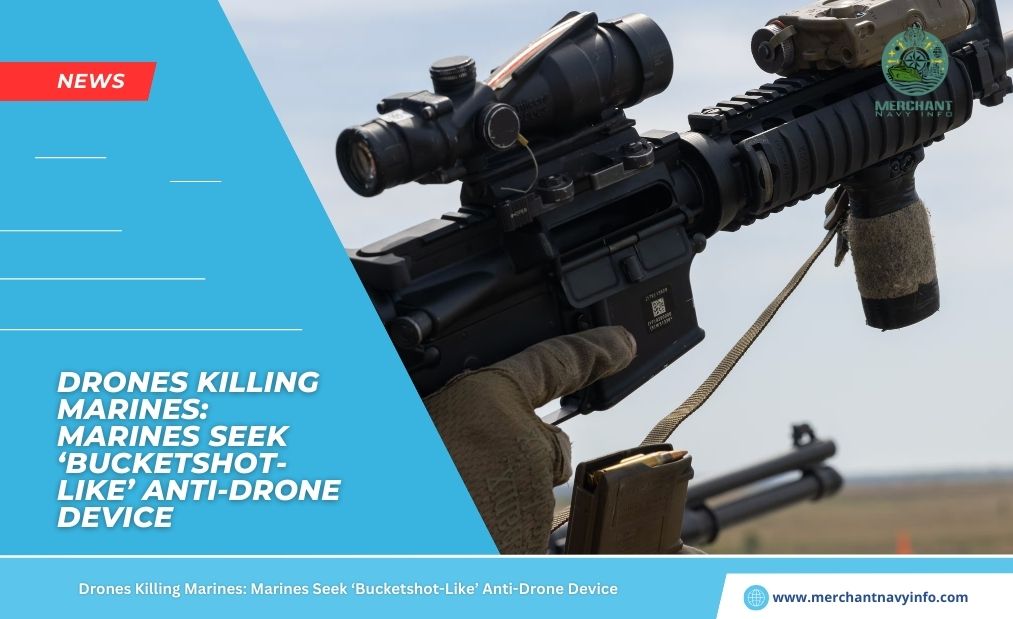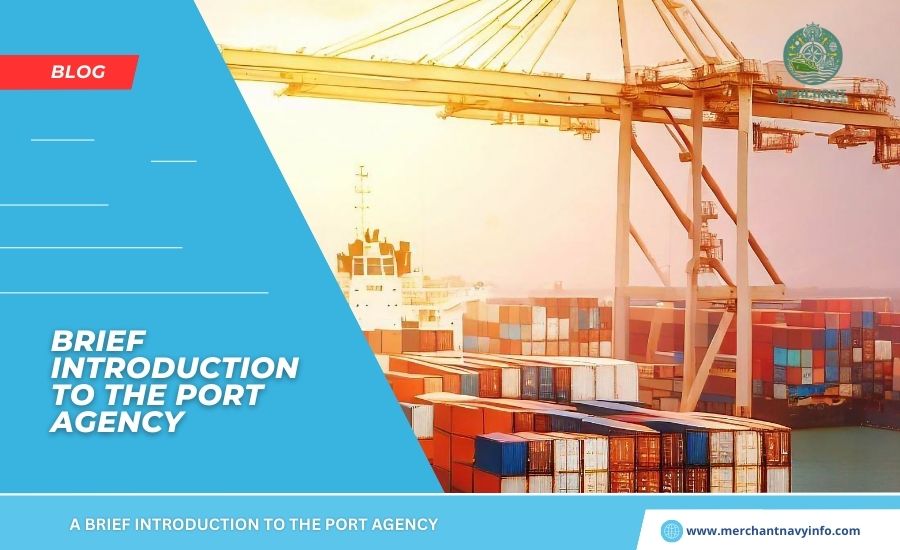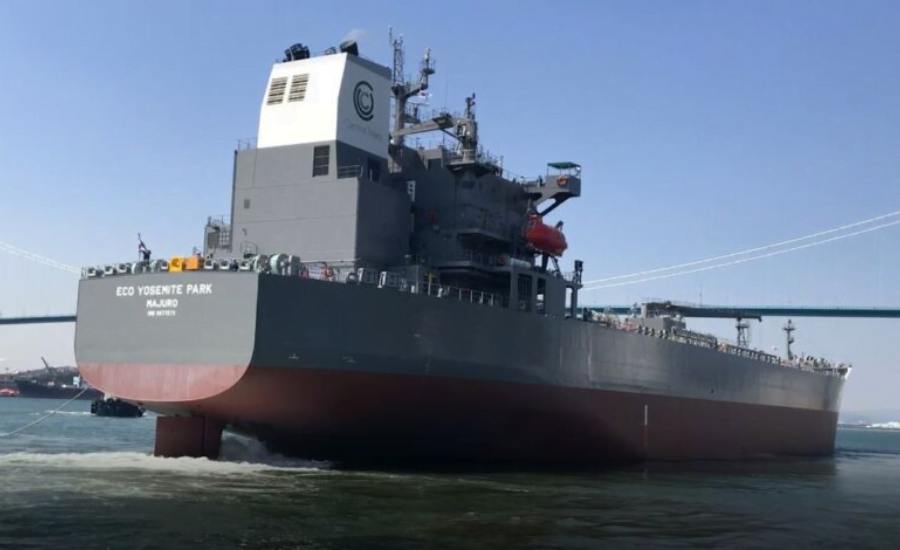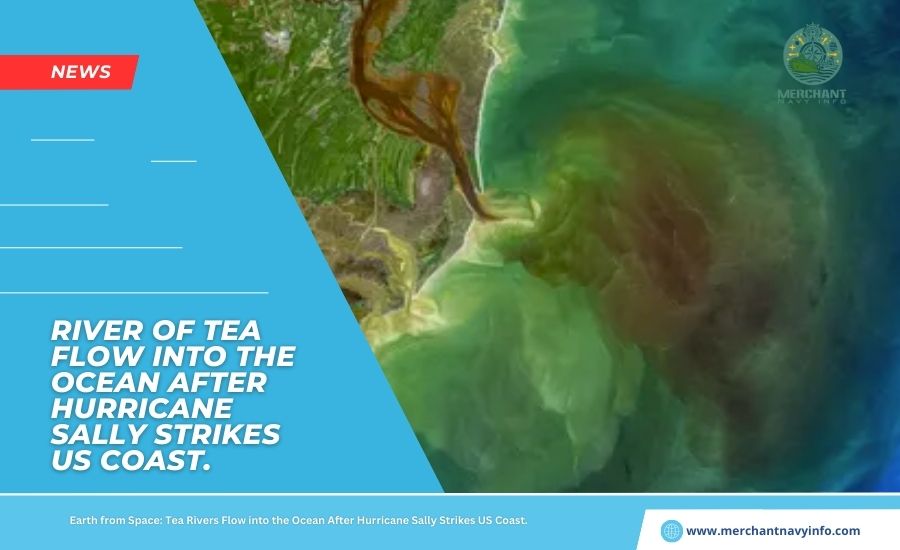
You love being out on the open water, feeling the sea breeze on your face and the gentle rocking of the waves beneath your hull. As a boater, you know that while sailing or motoring out at sea can be incredibly rewarding. Additionally, it also comes with risks that require the proper safety precautions and technology. Marine electronics like VHF radios, GPS systems, and autopilots have revolutionised life at sea, giving you the connectivity and navigation assistance you need for smooth sailing.
An Introduction to Essential Marine Electronics: VHF Radios, GPS, and Autopilots
Essential marine electronics like VHF radios, GPS devices and autopilots have revolutionised life on the open waters. For sailors and boaters, these tools provide safety, navigation assistance, and convenience for long journeys.
VHF Radios
VHF stands for “very high frequency” and VHF radios allow you to communicate with other vessels, coastal stations and emergency responders. There are fixed mount VHF radios as well as handheld models. Look for ones with emergency channel 16, weather alerts, and a decent range based on how far from shore you travel.
GPS (Global Positioning System)
A GPS navigation system uses satellite signals to determine your location at sea. Chartplotters display your position on electronic navigational charts and help guide you to your destination. Basic GPS units show your location, speed, and heading, while more advanced models offer autopilot integration, weather data, and entertainment options. For most recreational boaters, a chartplotter/GPS combo unit will suit your needs.
Autopilots
An autopilot or self-steering system holds your boat on a fixed heading or course. Once engaged, the autopilot takes over the helm so you can relax or attend to other tasks. Autopilots range from basic models suitable for calm coastal cruising to advanced systems for long-distance offshore passages. An autopilot is a worthwhile investment, especially if you do a lot of single-handed sailing or overnight passages.
With the latest marine electronics on board, you’ll have a safer and more enjoyable time at sea. These tools provide an extra level of comfort and security so you can sit back, relax and enjoy the voyage.
Choosing the Best Marine VHF Radio for Your Needs
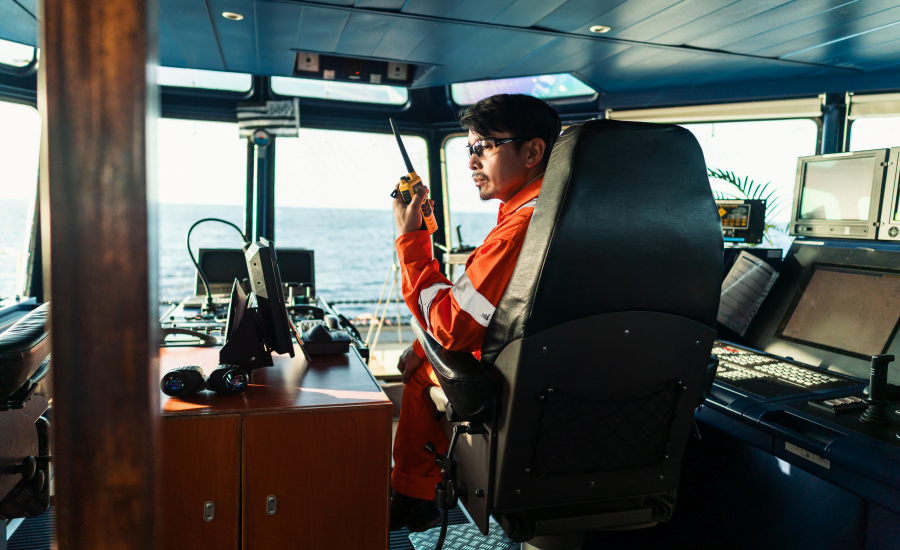
Choosing a marine VHF radio is an important decision. The right radio can be a lifesaver in an emergency, while the wrong choice may leave you stranded at sea. Here are some factors to consider:
Power:
A 5—to 25-watt radio should work fine for coastal cruising. For offshore passages, choose at least 25 watts for increased range. Some radios offer both low and high power settings to conserve battery power when possible.
Channels:
Most recreational boaters will only need access to channels 16 and 9, but radios with all USA and Canadian channels give you more flexibility. Channel scanning allows you to monitor multiple channels at once.
Digital Selective Calling (DSC):
This feature allows you to send automated distress alerts with your location to the Coast Guard and other DSC-equipped vessels. Choose a radio with integrated GPS for DSC position broadcasting.
Ease of use:
Look for a simple, intuitive interface with features like channel names, large buttons, and a display that’s easy to read in all conditions. Some radios have shortcuts to frequently used channels.
Added features:
Consider a radio with built-in noise cancelling to filter out background static, weather alerts to warn you of incoming storms, and the ability to connect external devices like headsets, speakers or PA systems.
Your budget and needs will ultimately determine which features are most important to you. With some research, you can find a VHF marine radio that provides vital emergency communication and enhances your enjoyment out on the water without breaking the bank. The peace of mind alone makes investing in this essential piece of safety equipment well worth the cost.
Navigating With Ease Using Marine GPS Systems

Marine GPS systems are essential for navigating the open waters and ensuring you reach your destination safely. GPS stands for Global Positioning System and uses satellites orbiting the earth to pinpoint your location at sea. The basic components you’ll need include:
- A GPS antenna to receive signals from multiple satellites
- A GPS receiver to process the signals and calculate your position
- Navigation software to display electronic charts, your location, course, and other useful info
With a marine GPS, you’ll always know exactly where you are, your direction, and how fast you’re moving. This gives you peace of mind that you won’t get lost at sea or end up shipwrecked on a deserted island! GPS units also allow you to plot waypoints and navigate directly to any destination. Say you wanted to find a secret fishing hole or secluded anchorage, and you could simply enter the coordinates, and your GPS will guide you there.
Choosing a marine GPS depends on your needs and boating style. Do you prefer a fixed mount chartplotter for your helm or a handheld portable GPS you can use on a kayak or dinghy? Chartplotters typically offer large color displays, pre-loaded coastal charts and advanced features like radar, fish finding and autopilot integration. Portable GPS models are more affordable, compact and can provide basic navigation guidance.
No matter which you choose, investing in a quality marine GPS system will make your time on the water safer and more enjoyable. You’ll have the freedom to explore further from shore knowing that with the touch of a button, your GPS can always lead you back home. For boaters, a GPS is as essential as a life jacket – it’s your trusted guide that helps ensure smooth sailing on every voyage.
Taking the Helm: How Marine Autopilots Enhance Safety and Convenience
If you plan to do any long-distance cruising, an autopilot is a must-have for your boat. This high-tech system automatically steers and navigates your vessel so you don’t have to man the wheel for hours on end. Autopilots provide relief from the mental and physical fatigue that comes with manually steering a boat, allowing you to relax, move about freely and even get some sleep.
Modern autopilots use a fluxgate compass and GPS to accurately hold a course and navigate to waypoints. More advanced systems feature autopilot computers with software that can automatically adjust for changes in wind, current and sea state to keep you on track. Autopilots also have safety mechanisms like off-course alarms to alert you if the boat veers from its heading. Some autopilots are compatible with radar, chart plotters and instrument systems for an integrated navigation experience.
For smaller boats, a basic autopilot with a fluxgate compass and rudder feedback is typically sufficient for basic course holding and straight line navigation. Larger vessels and those embarking on offshore passages will benefit from a more robust system with GPS integration, weather adaptability and remote control options. An autopilot with redundant components like dual control units, compasses and power sources also provides an extra level of safety for extended cruising.
Whether you’re navigating solo or with crew, an autopilot reduces stress and allows you to enjoy the journey. On long offshore passages, it can even be lifesaving by preventing fatigue and allowing proper rest. For any boater navigating in open waters, an autopilot is a worthwhile investment that provides both convenience and security so you can sit back, relax and enjoy the ride.
Maintaining Peak Performance: Caring for Your Marine Electronics
To keep your marine electronics running strong for years to come, proper care and maintenance are essential. Neglecting routine upkeep of your VHF radio, GPS, and autopilot can lead to corrosion, weather damage, and reduced performance over time.
Keep Things Clean
Saltwater and humidity are the natural enemies of marine electronics. Wipe down your VHF radio, GPS, and autopilot unit regularly with a damp cloth to remove any salt residue. When possible, avoid direct exposure to rain and sea spray by mounting units under shelter. For stubborn stains, you can use a mild cleaner specifically for marine use. Be sure to rinse and dry completely to prevent water damage.
Check Power Connections
Loose or corroded power connections are a common issue with boat electronics. Inspect the wiring and connections to your units at least once a season. Look for any fraying, corrosion or exposed wire and repair or replace as needed. Ensure all connections are tight and secure. Properly grounding your equipment is also important for optimal performance and safety.
Software and Firmware Updates
Many marine electronics like VHF radios, GPS chartplotters and autopilots contain software and firmware that requires periodic updating. Check with the manufacturers of your specific units to determine if any updates are available and how to perform them. Updates often contain bug fixes, security patches and new features that will help your equipment run more efficiently.
Battery Care
If your electronics rely on boat batteries for power, keeping those batteries well-maintained will directly impact the performance of your equipment. Check battery voltage and charge levels regularly, especially before long trips. Replace aging batteries every 3-5 years to ensure adequate power and prevent issues like memory loss in your GPS waypoints and routes.
Following these care and maintenance tips will help keep your marine electronics in ship shape and ready to safely navigate the waters for years of adventures to come. A few minutes of preventative upkeep can save hours of hassle from malfunctioning or non-working equipment out on the open water.
Conclusion
So there you have it, an overview of some of the key marine technologies that can take your boating experience to the next level. While marine electronics may seem complicated or expensive, investing in quality gear tailored to your needs is well worth it for enhanced safety, convenience, and peace of mind.
Whether you’re planning to sail around the world or just enjoy weekends on the lake, marine VHF radios, GPS devices, and autopilots can help ensure smooth sailing and cherished memories of adventures at sea. The future is bright for continued innovation, but for now, you have all the tools you need to confidently embark on your maritime marvels.



